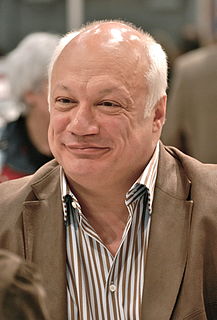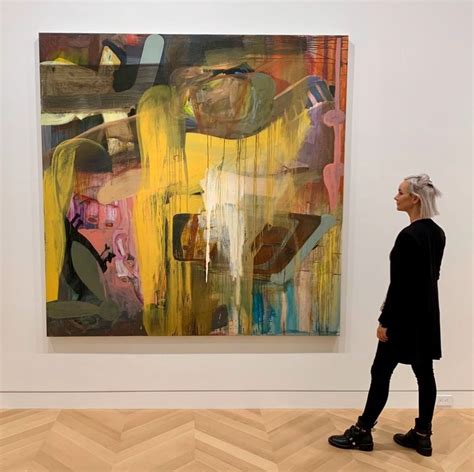A Quote by Eric-Emmanuel Schmitt
I have some beautiful 20th-century drawings and a few paintings, but I'm not a collector, and I'm not particularly attached to objects.
Related Quotes
D-Day represents the greatest achievement of the american people and system in the 20th century. It was the pivot point of the 20th century. It was the day on which the decision was made as to who was going to rule in this world in the second half of the 20th century. Is it going to be Nazism, is it going to be communism, or are the democracies going to prevail?
In the late 70's I started to make drawings of the ordinary objects I had been using in my work. Initially I wanted them to be ready-made drawings of the kind of common objects I had always used in my work. I was surprised to discover I couldn't find the simple, neutral drawings I had assumed existed, so I started to make them myself.
I was really interested in 20th century communalism and alternative communities, the boom of communes in the 60s and 70s. That led me back to the 19th century. I was shocked to find what I would describe as far more utopian ideas in the 19th century than in the 20th century. Not only were the ideas so extreme, but surprising people were adopting them.







































